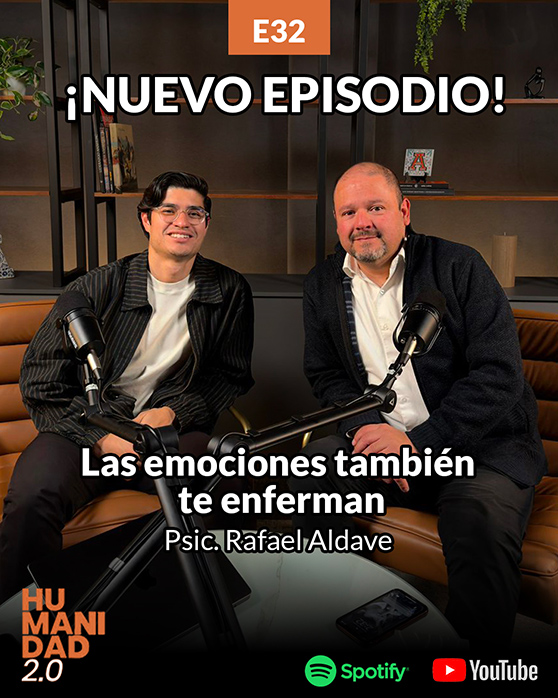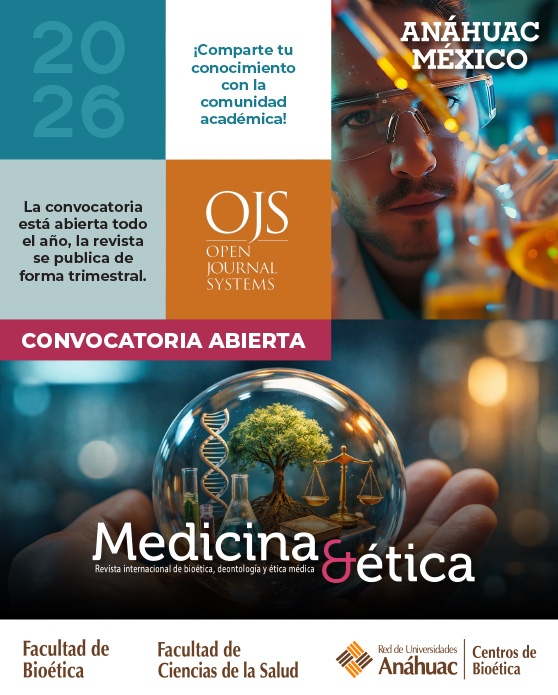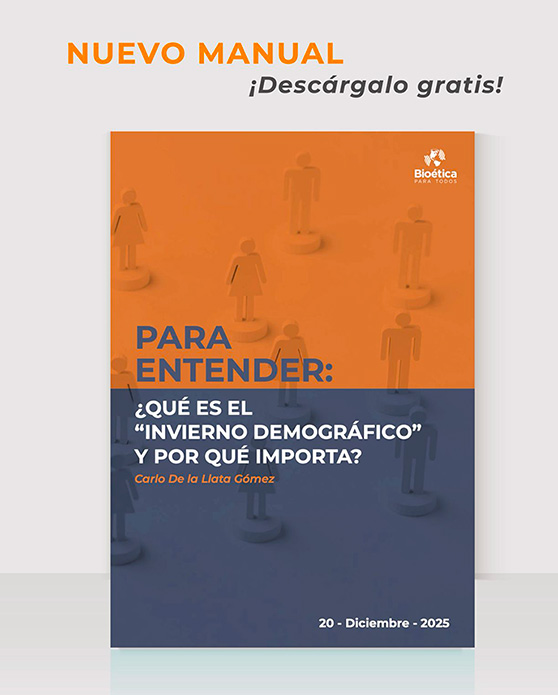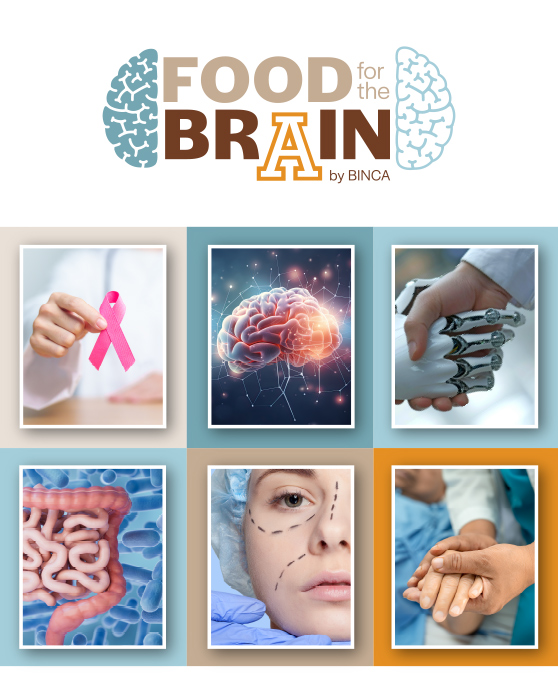
Dr. Luz del Carmen Ramírez Zazueta analyzed Dr. María Elizabeth de los Ríos Uriarte's article on clinical bioethics methodologies, emphasizing the importance of approaches adapted to the sociocultural challenges of Mexico.
On November 19, BINCA held a new edition of its Journal Club, featuring Dr. Luz del Carmen Ramírez Zazueta, a physician specializing in integrated medicine with extensive experience in clinical practice, teaching, and bioethics consulting. She currently serves as President of the Hospital Bioethics Committee at the General Hospital of the State of Sonora and is pursuing a Master’s degree in Bioethics and Law.
In this session, Dr. Ramírez presented an in-depth analysis of the article by Dr. María Elizabeth de los Ríos Uriarte, titled “The Question of Method in Clinical Bioethics: An Approach to a Methodology Adapted to the Context of Mexican Reality.” The presentation allowed attendees to appreciate the importance of developing bioethical methodologies that are not only conceptually robust but also sensitive to the sociocultural, economic, and structural challenges that shape healthcare in Mexico.
The session began with a review of the journal classification system and the profile of the article, highlighting its academic value and relevance for contemporary clinical practice. Dr. Ramírez then dissected the content of the article, explaining the theoretical foundations of the method proposed by Dr. de los Ríos Uriarte and emphasizing the need to adapt bioethical methodologies to local realities.
She later explored the objectives of bioethics consultation, outlining the most frequent issues faced by bioethicists in Mexico: end-of-life and beginning-of-life dilemmas, urgent decision-making, resource allocation, research involving vulnerable populations, conflicts of interest, and matters related to privacy and confidentiality.
Dr. Ramírez also examined the methodological frameworks presented in the article—including those of Thomasa and Pellegrino, Siegler, Jonsen and Winslade, Bernard Lo, and James Drane—highlighting how each offers distinct tools for approaching clinical cases and how these must be reinterpreted in light of the Mexican context.
A key component of the session was the reflection on sociocultural factors that influence the practice of clinical bioethics in Mexico, such as:
Machismo and patriarchal structures, which limit the autonomy of female patients;
Domestic and contextual violence, which shapes decision-making and may place healthcare professionals at risk;
Legal gaps surrounding the role of the bioethicist, which hinder formal recognition and restrict the functions of those engaged in clinical bioethics consultation.
Based on these dimensions, Dr. Ramírez emphasized the need for a case-analysis methodology that is deep, critical, and responsive to the Mexican reality, while also considering patients’ values and preferences, clinical history, family perspectives, and contextual factors shaping each case.
The session concluded with a rich discussion among participants, who underscored the clarity and relevance of the presentation for both clinical and academic practice.
The Clinical Bioethics and Neuroethics Group (BINCA) is a priority project of CADEBI which, since October 2014, has promoted critical reflection and interdisciplinary research. Comprised of students, faculty, and health-science researchers, BINCA is dedicated to the bioethical study of its diverse disciplines, approaching them from an integral and multidisciplinary perspective.
BINCA
More information:
Bioética Clínica y Neuroética Anáhuac (BINCA)
Dra. María Fernanda Martínez Palomo
neuroetica@anahuac.mx






